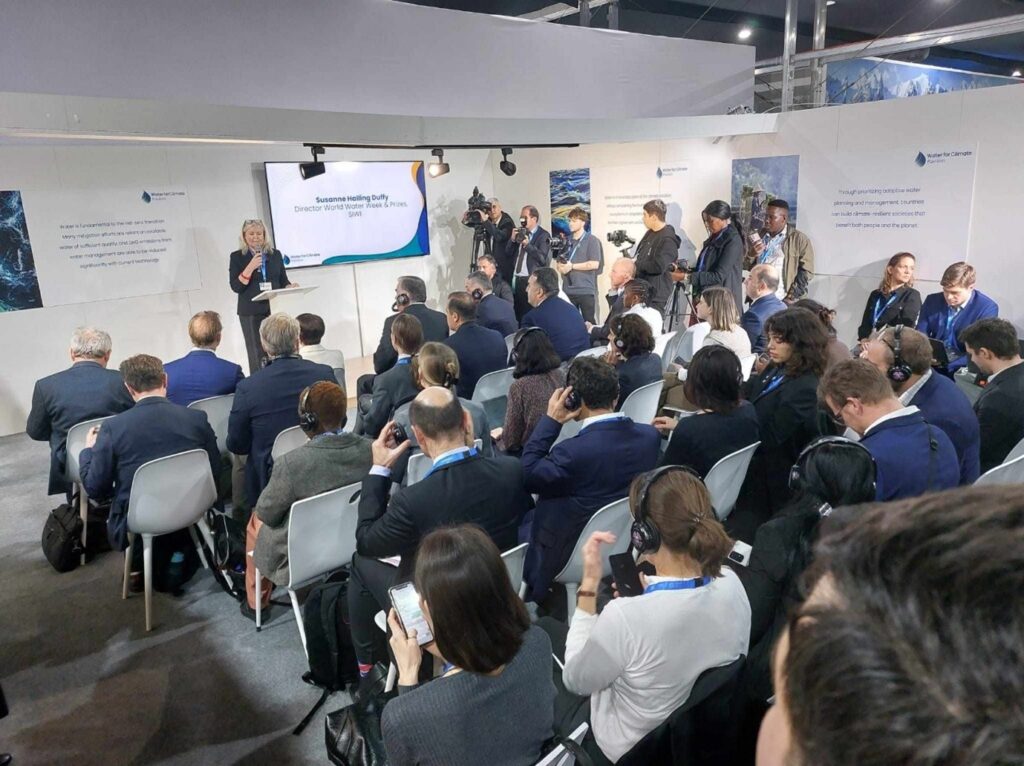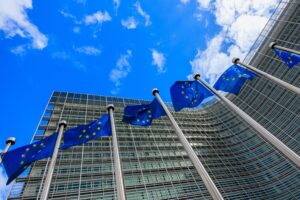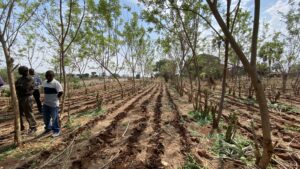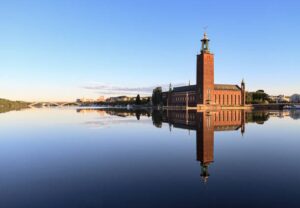From Vision to Influence: Be Part of the Water for Climate Movement at COP30
The Water for Climate Pavilion
A collaborative effort of over 70 organizations to unify and amplify the voice of the international water community within climate spaces. Read the Water for Climate Pavilion at COP29 report.
“The Pavilion has become an effective space for knowledge exchange and collective influence, connecting water actors with wider climate communities. At COP30, we aim to deepen that impact—bridging sectors, aligning messages, and working together to elevate water’s role in the formal climate processes.”
COP 29 stronger partnerships, actionable insights, and new momentum
The Water for Climate Pavilion at COP29 acted as a vibrant hub for collaboration, uniting 72 Core Partners and hosting more than 50 sessions focused on water’s role in climate adaptation, mitigation, and resilience. With over 850 in-person participants and 2,500 virtual viewers, the Pavilion reinforced the message: water must be at the heart of climate negotiations.
This collective initiative, chaired by the Stockholm International Water Institute (SIWI), unified water voices, created synergies with non-water stakeholders, and promoted water security in global climate dialogues. Notably, COP29 saw the launch of the Baku Declaration on Water for Climate Action, highlighting the importance of integrating water into National Adaptation Plans (NAPs), Nationally Determined Contributions (NDCs), and climate finance mechanisms. This declaration was developed with the leadership of the COP29 Presidency and technical support from UNECE, WMO, and UNEP, and extensively consulted with water sector stakeholders including the Water for Climate Pavilion, which work was recognized in the declaration text.
The Pavilion’s inclusive approach, thematic working groups, and targeted communication strategies amplified water’s visibility far beyond its own walls. The result: stronger partnerships, actionable insights, and new momentum heading into COP30 in Belém, Brazil.










